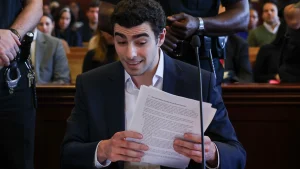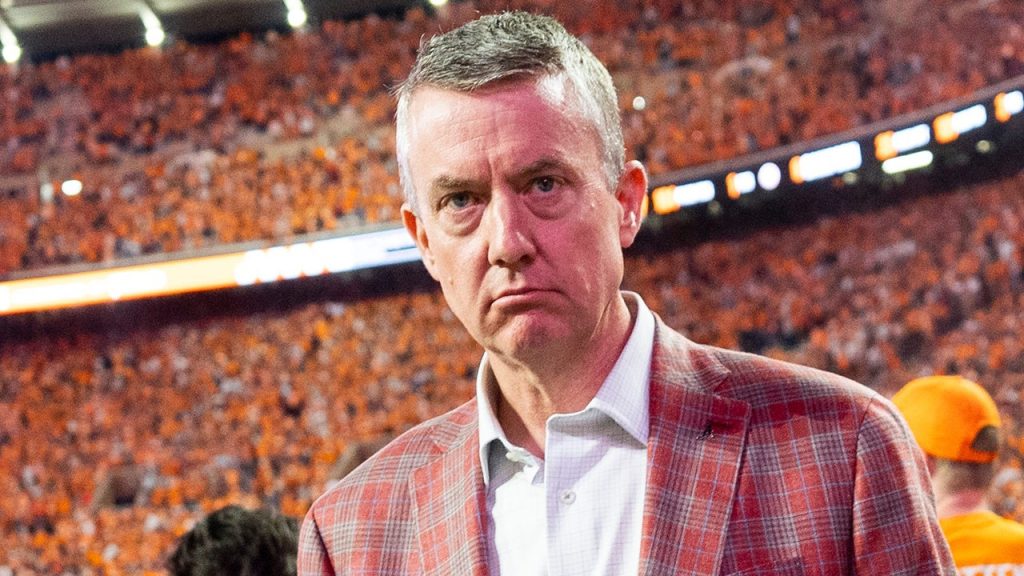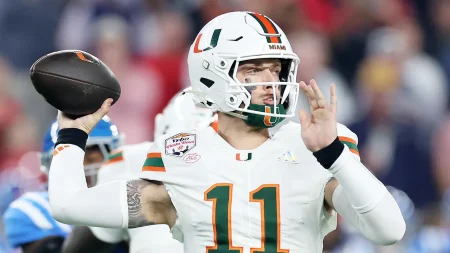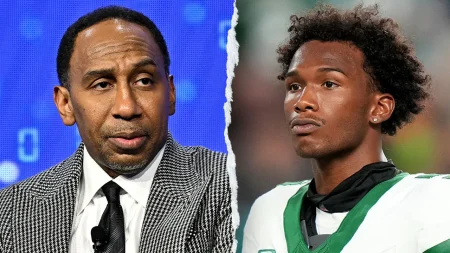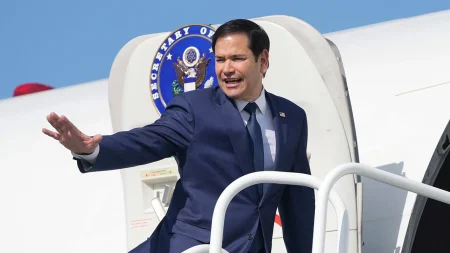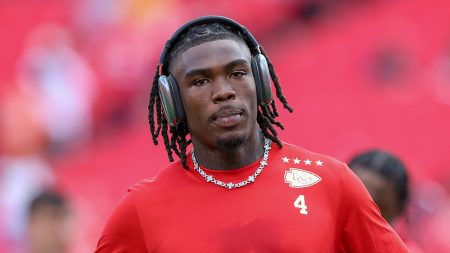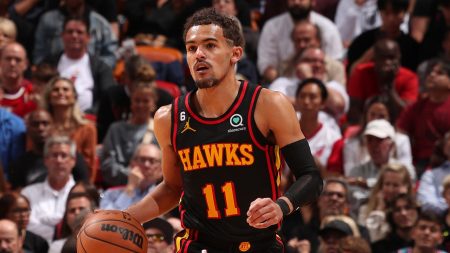Greg Byrne, the athletic director for the University of Alabama’s Crimson Tide, issued a fervent call to action to the Alabama fanbase, urging them to contribute to the school’s Name, Image, and Likeness (NIL) fund. This plea underscores the dramatically shifting landscape of college athletics, where the ability of student-athletes to profit from their NIL has become a critical factor in recruitment and retention. Byrne acknowledged the evolving dynamics, emphasizing that while Alabama has remained competitive in the NIL arena, rival institutions are aggressively leveraging NIL opportunities to entice players away from Tuscaloosa or dissuade them from joining the Crimson Tide in the first place. This competitive pressure necessitates a proactive response from Alabama’s supporters to maintain the program’s prestigious standing in the college sports world.
Byrne’s message highlighted the need for action, not just discussion. He underscored the aggressive NIL strategies employed by competing programs, suggesting they are using substantial financial incentives – “million-dollar paydays” – to sway recruits. This new reality, he argued, demands a robust response from the “Bama Nation” to safeguard the team’s dominance. The urgency in Byrne’s message reflects a recognition that the traditional strengths of the Alabama program, such as its rich history and championship pedigree, are no longer sufficient in this rapidly changing environment. The NIL landscape has introduced a new dynamic, where financial incentives play a significant role, and Alabama must adapt to maintain its competitive edge.
The NIL era in college athletics is a direct consequence of an antitrust lawsuit against the NCAA, which reshaped the rules governing student-athlete compensation. This shift has empowered athletes to monetize their NIL through various avenues, creating a new marketplace where universities and their supporters can participate. Byrne emphasized the importance of fans engaging with this new system by supporting platforms like @yea_ala, which provides fans with exclusive content from Alabama athletes while also compensating the athletes for their NIL. He presented this as a legitimate and ethical means of supporting student-athletes, contrasting it with the potentially problematic “booster inducements” that have become a concern in the NIL era. Byrne further emphasized plans to expand @yea_ala’s offerings in the future, with the intention of providing more engaging content for fans and increased NIL opportunities for athletes.
Byrne’s message directly addresses a growing anxiety among Alabama fans about the program’s ability to compete in this new era of college athletics. The opening of the transfer portal has created a heightened sense of vulnerability, as players are now more easily able to explore opportunities at other institutions. The recent departures of several Alabama players, including wide receiver Jaylen Mbakwe, have underscored this concern. While Alabama has also benefited from the transfer portal, adding players like Kelby Collins and Cameron Calhoun, the emphasis on NIL fundraising suggests that retaining existing talent is a paramount concern.
The underlying message from Byrne is a call for collective action. He stresses that Alabama’s historical success is not a guarantee of future dominance. The program’s traditional strengths, while still important, are now insufficient in a landscape where NIL deals can significantly influence player decisions. The call to donate to the NIL fund is therefore framed as a crucial step in ensuring that Alabama remains “the standard” in college athletics. Byrne’s plea appeals to the loyalty and pride of the Alabama fanbase, positioning financial contributions to the NIL fund not just as a donation, but as an investment in the program’s future success.
The NIL era represents a seismic shift in college athletics, challenging traditional notions of amateurism and introducing a new level of complexity to recruiting and roster management. Byrne’s message acknowledges these challenges head-on, urging Alabama fans to embrace the new reality and actively participate in supporting their student-athletes through NIL opportunities. The message underscores a critical point: in the modern landscape of college sports, financial support for NIL activities is no longer an optional extra, but a necessary component of a competitive program. The success of Alabama’s NIL initiatives, and the willingness of its fanbase to contribute, will likely play a significant role in shaping the program’s future in the increasingly competitive world of college athletics.

